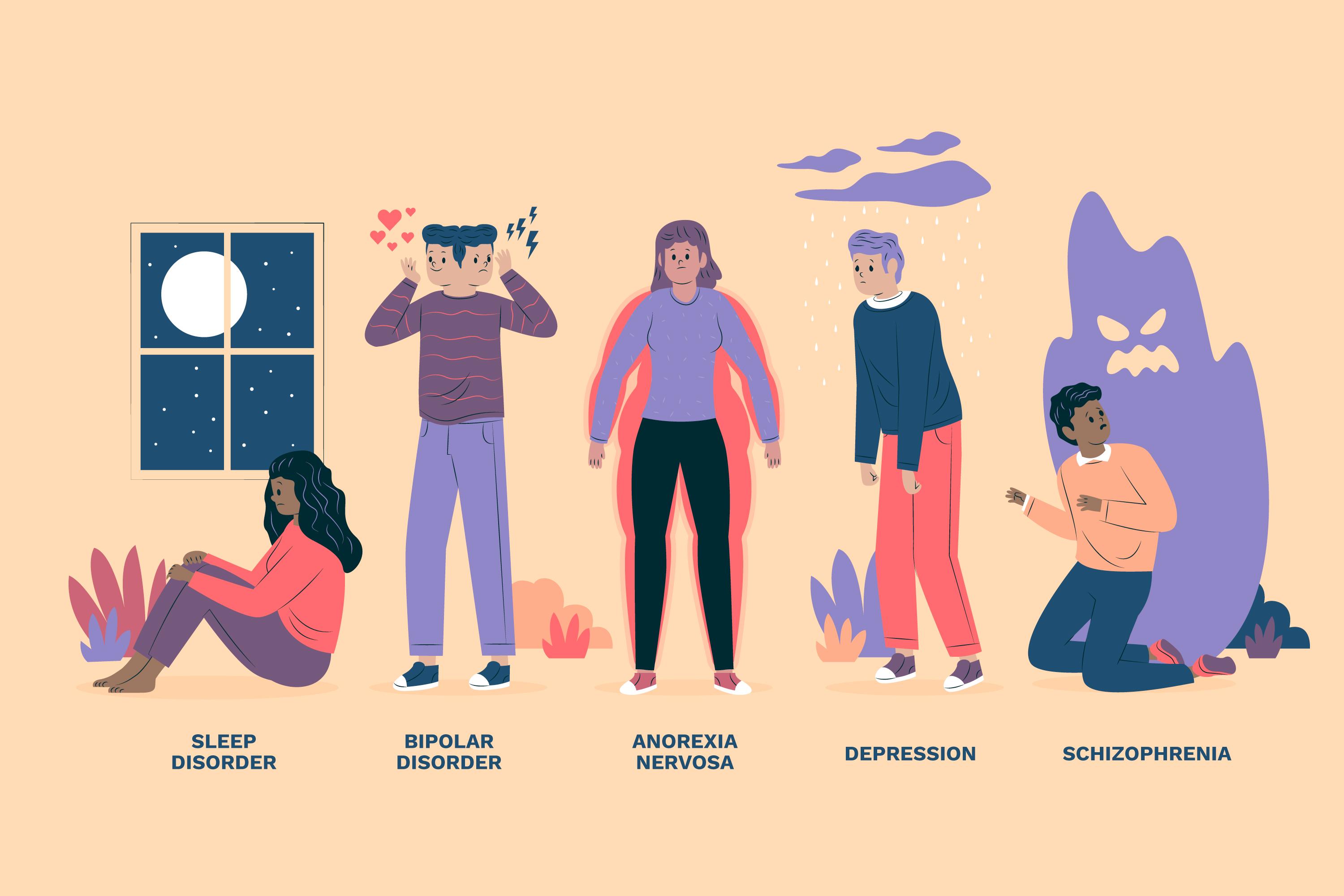
Coping with Psoriasis: Managing the Impact on Mental Health
Introduction: Living with psoriasis, a chronic skin condition characterized by red, scaly patches, can take a toll on mental health. In this blog, we’ll explore the impact of psoriasis on mental well-being and strategies for coping with stress, anxiety, and depression.
Body: Psoriasis not only affects the skin but also has a significant impact on mental health. The visible symptoms of psoriasis, such as red, flaky patches on the skin, can lead to feelings of self-consciousness, embarrassment, and low self-esteem. Additionally, the chronic nature of the condition, along with the uncertainty of flare-ups, can contribute to stress, anxiety, and depression.
Here are some ways psoriasis can affect mental health:
- Stress: Flare-ups of psoriasis symptoms, as well as the constant worry about managing the condition, can lead to increased stress levels. Stress, in turn, can trigger or worsen psoriasis symptoms, creating a cycle of exacerbation.
- Anxiety: Living with a visible skin condition like psoriasis can cause anxiety about how others perceive you. Fear of judgment, rejection, or negative reactions from others can lead to social anxiety and avoidance of social situations.
- Depression: The physical discomfort and emotional distress caused by psoriasis can contribute to feelings of sadness, hopelessness, and despair. Living with a chronic condition that affects your appearance and quality of life can significantly impact mental well-being.
buy clomid online https://bradencenter.com/wp-content/uploads/2023/04/png/clomid.html no prescription pharmacy
Coping Strategies:
- Seek support: Talk to friends, family members, or a mental health professional about your feelings and experiences. Having a support network can provide comfort, understanding, and encouragement.
- Practice self-care: Take time for activities that help you relax and unwind, such as meditation, yoga, or hobbies you enjoy. Prioritize self-care to reduce stress and improve overall well-being.
- Educate yourself: Learn as much as you can about psoriasis and its management. Understanding your condition can empower you to make informed decisions about treatment and lifestyle choices.
- Stay connected: Stay connected with others who have psoriasis by joining support groups or online communities. Sharing experiences and tips with others facing similar challenges can provide valuable support and encouragement.
Conclusion: Living with psoriasis can be challenging, but it’s essential to prioritize mental health and well-being. By understanding the impact of psoriasis on mental health and implementing coping strategies, you can better manage stress, anxiety, and depression associated with the condition.
To seek medical advice, always consult a Doctor.
Here are our recommended experts.
To read more on Psoriasis. Click Here


